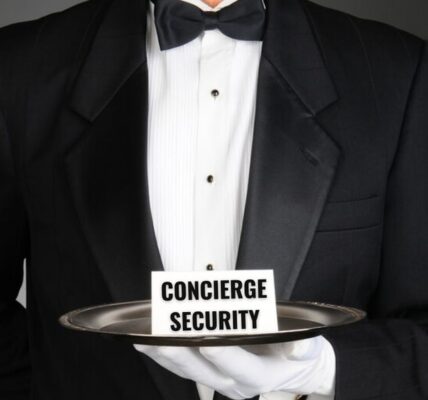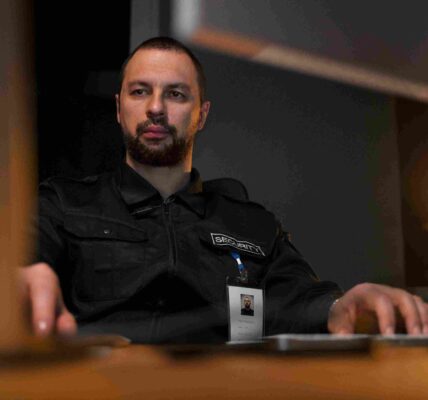Public events, whether they’re festivals, concerts, sporting events, or political gatherings, serve as platforms for communal engagement and celebration. However, amidst the excitement and enthusiasm, ensuring the safety and security of attendees is paramount. While public authorities often play a significant role in maintaining order, private security firms are increasingly becoming indispensable partners in safeguarding these gatherings. In this blog, we delve into the multifaceted role of private security in public events and how they contribute to creating a safe and enjoyable experience for everyone involved.
- Risk Assessment and Planning: Before the curtains rise on any public event, thorough risk assessment and meticulous planning are essential. Private security firms bring expertise in assessing potential risks and vulnerabilities associated with the event venue, crowd size, and nature of the gathering. By identifying potential threats such as terrorism, crowd control issues, or medical emergencies, security professionals can develop comprehensive security plans tailored to mitigate these risks effectively.
- Crowd Management and Control: Managing large crowds requires a delicate balance between ensuring public safety and respecting individual freedoms. Private security personnel are trained in crowd management techniques to facilitate the smooth flow of people, prevent overcrowding, and diffuse tense situations. Their presence instills a sense of order and reassurance among attendees, reducing the likelihood of disorderly conduct or panic.
- Access Control and Perimeter Security: Controlling access to the event venue is crucial for maintaining security. Private security teams implement robust access control measures to prevent unauthorized entry and screen attendees for prohibited items. Additionally, they establish secure perimeters around the venue to deter potential threats and monitor entry and exit points to detect suspicious behavior.
- Emergency Response and Crisis Management: Despite meticulous planning, emergencies can arise unexpectedly. Private security firms are equipped to respond swiftly and effectively to various emergencies, including medical incidents, fires, or security breaches. Trained personnel coordinate with emergency services, implement evacuation procedures, and provide first aid until professional help arrives, minimizing harm and maximizing safety.
- Surveillance and Technology Integration: Leveraging advanced surveillance technologies such as CCTV cameras, drones, and facial recognition systems enhances the effectiveness of private security operations. These tools enable security personnel to monitor the event premises in real-time, identify potential threats, and respond proactively to security breaches. Moreover, integrating technology with traditional security measures enhances situational awareness and facilitates rapid decision-making.
- Customer Service and Conflict Resolution: In addition to ensuring physical security, private security personnel play a crucial role in providing quality customer service and resolving conflicts diplomatically. By maintaining a visible presence and engaging with attendees in a friendly and approachable manner, security professionals foster a positive atmosphere and promote cooperation among event-goers. In the event of disputes or disturbances, trained mediators intervene promptly to de-escalate tensions and restore order peacefully.
- Post-Event Evaluation and Improvement: The conclusion of a public event does not mark the end of the security process. Private security firms conduct thorough post-event evaluations to assess the effectiveness of security measures, identify areas for improvement, and glean insights for future events. By embracing a culture of continuous learning and adaptation, security providers ensure that each subsequent event benefits from enhanced security protocols and strategies.
In conclusion, private security firms play an indispensable role in safeguarding public events and preserving the safety and well-being of attendees. Through proactive risk assessment, meticulous planning, and the implementation of robust security measures, these professionals create an environment conducive to enjoyment and celebration. By embracing innovation, fostering positive interactions, and prioritizing the welfare of all participants, private event security contributes significantly to the success and sustainability of public gatherings. As we continue to embrace the spirit of community and shared experiences, let us recognize and appreciate the invaluable contributions of private security in enriching our collective experiences.





